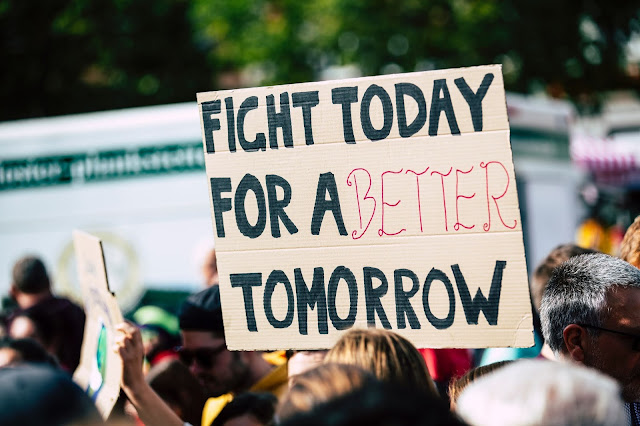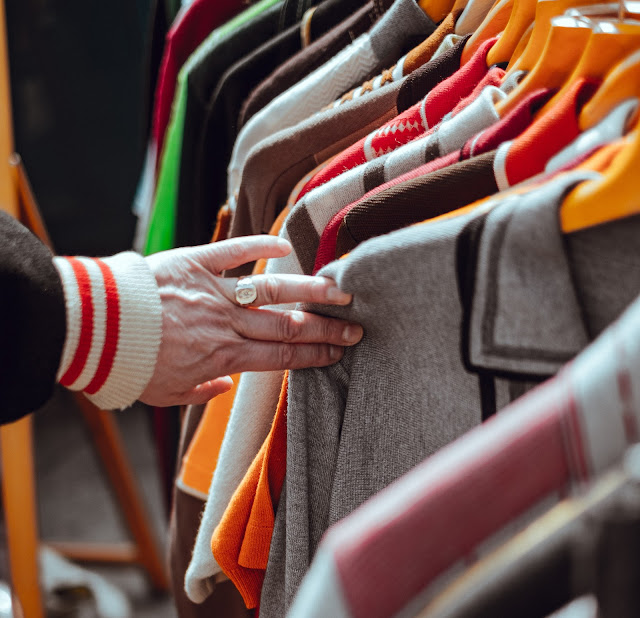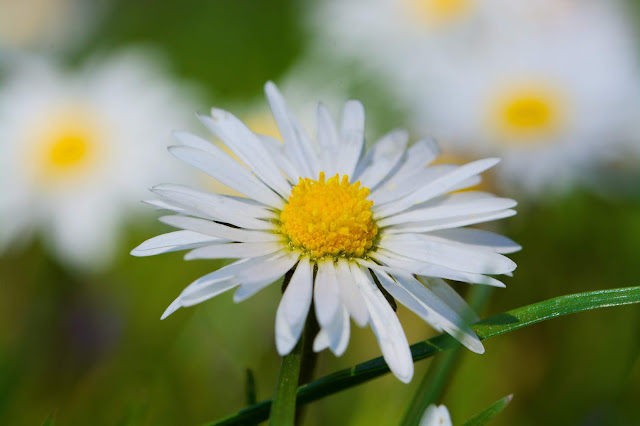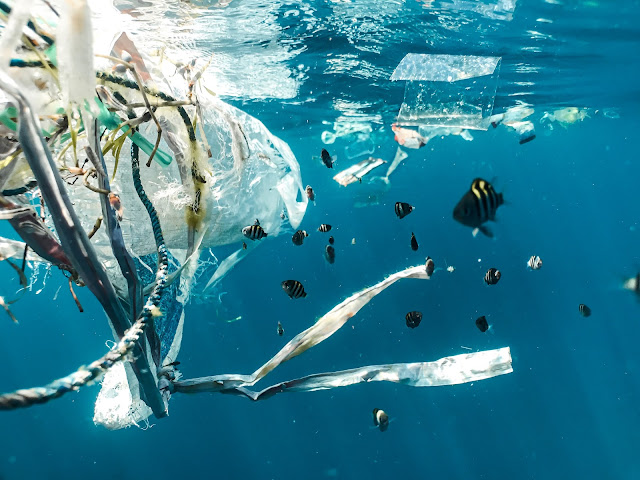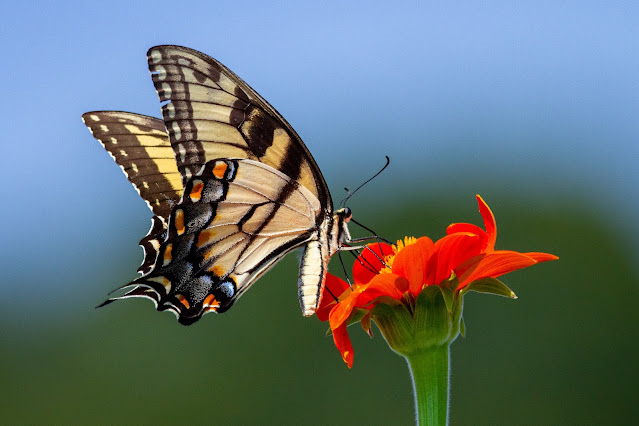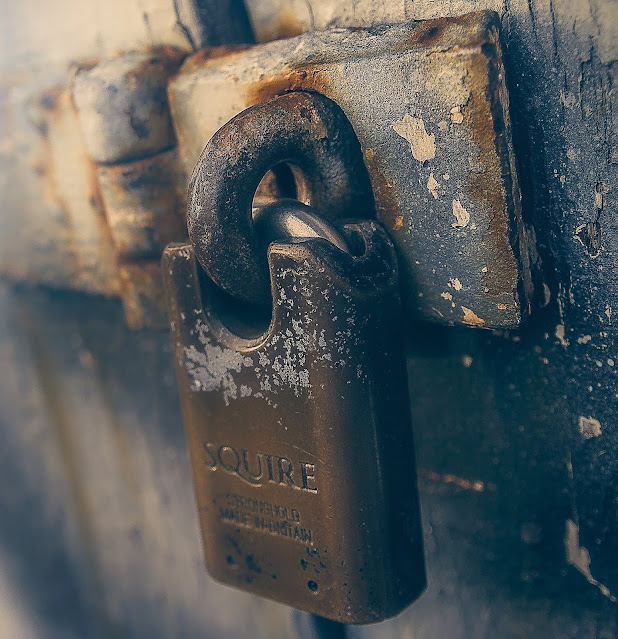Experiments in Living With Less

Many of us long for a simpler life free from the burden of our stuff, but we don't know how to achieve it. We're overwhelmed, and we feel trapped in our current way of life. But deep down, we believe that change could bring a huge payoff: more time and energy, more money, more freedom, more generosity, less stress, less debt, and less distraction. How do we go about making that change? All progress comes through experimentation. Someone has an idea, and she tries it out. That's how we learn. So why not creatively experiment with a more minimalist approach to life to see whether the benefits are worth the effort? The basic idea is to live without a particular possession or practice for a limited amount of time, and then decide if you can or want to do without it permanently. A few examples might be going for 24 hours without a smart phone , or going a month without TV, the microwave, or eating out. You might try limiting your ...

